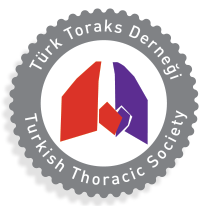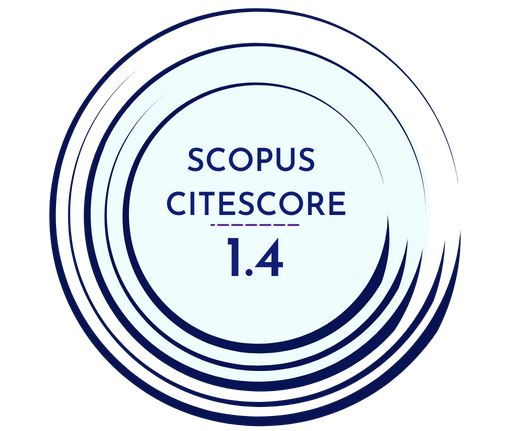Abstract
The aim of the study was to investigate the success of a smoking cessation program among the smoker relatives of patients with serious smoking-related lung disorders. A total of 68 smokers entered the study. Group I consisted of 34 relatives who wanted to quit smoking. Group II consisted of 34 control smokers with no history of a relative with a tobacco related serious disease. Each case was followed for a year. Out of a total of 68 cases 37 (54.4%) were female and 31 (45.6%) were male. The mean of age of the cases was 46.08±9.16 years (26-68 years) and of all cases, 40.6% were high school graduates and 42.2% were university graduates. In the first group, 23.5% of cases had a relative with COPD, 61.8% with lung cancer, and 14.7% with both COPD and lung cancer. Of these patients, 14.7% shared the same house with their relatives. When the age of smoking initiation, the number of cigarettes smoked per day, package-year and Fagerström Test for Nicotine Dependence Score were compared, there was no statistically important difference between the two groups. Nicotine replacement therapy was applied to 10 cases (29.4%) in the first group and 14 cases (41.2%) in the second group. The CO level was 16.43 ± 7.6 ppm (3-34) at the first appointment. On the 15th day it was found 4.5±4.7 ppm among the cases who quit smoking and 13.0±1.5 ppm among the cases who continued smoking. The rates of quitting were 79.4% and 73.5% at the 15th day, 67.6% and 64.7% at the third month and 41.2% and 38.2% at the first year, in the first and second groups, respectively. Smoking cessation program, regular follow-up and motivational support increased quitting rate however having a relative with a disease related with smoking does not influence smoking cessation.



.png)
